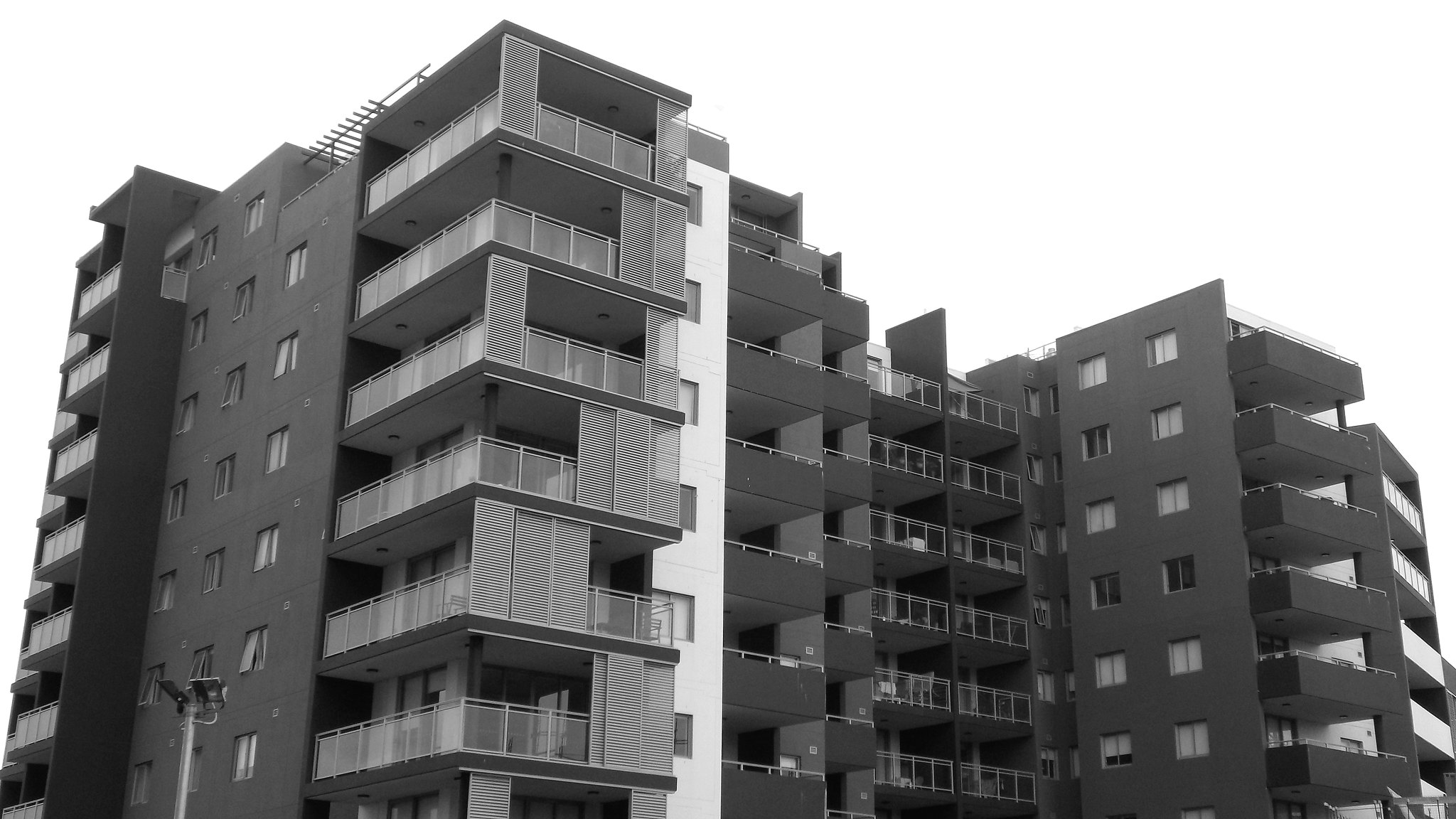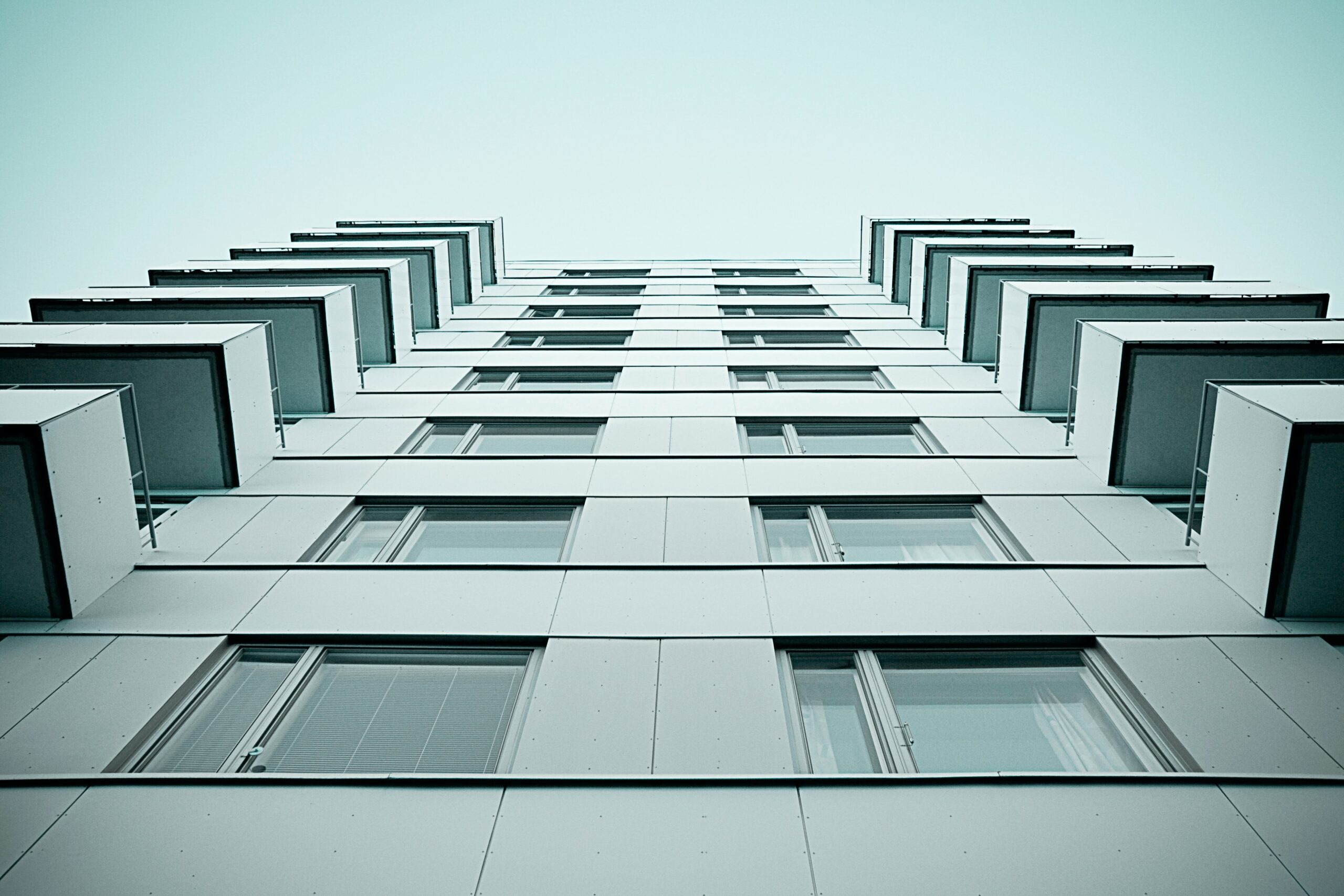For some time, we have encouraged leaseholders to join Annual General Meetings for companies involved in the building safety crisis. We have attended developer AGMs ourselves and facilitated the attendance of leaseholders at these in the past.
As part of our ongoing campaign to ensure all relevant stakeholders play their part in bringing a fair and speedy resolution to this crisis, we are also focusing on other key players, such as building owners, insurers and mortgage lenders.
To this end, we were kindly loaned a share by ShareAction so that we could virtually access Aviva’s AGM in Norwich on May 4th. Due to technical issues, we were unable to submit our questions via the virtual portal, so we emailed these to Aviva on the morning of the AGM. We received confirmation that our questions were received and were put to the meeting. Our questions and Aviva’s responses are copied in full at the bottom of this page.
We are pleased to report back that Aviva has confirmed that buildings owned by Aviva Investors Ground Rent Fund special purpose vehicles are now formally deemed to be “associated persons” to the wider Aviva group. This follows the recent amendment to the Leaseholder Protections Regulations.
Aviva has also confirmed that those buildings meet the “contribution condition”, also known as the net wealth test, where no costs, for cladding or non-cladding, can be passed on to qualifying leaseholders if the wider company group has net wealth of more than £2 million per building they own.
Whilst we remain concerned over the position of non-qualifying leaseholders in these buildings, and the lack of protection they are to receive under the Building Safety Act 2022, we are pleased that Aviva has now recognised its responsibilities in respect of these buildings.
We also asked a question about the buildings where Aviva has threatened to withdraw insurance cover should remediation not be carried out, despite fire assessments reporting that no work is required. We have seen evidence of this as part of the terms of insurance offered to buildings of a range of heights, including buildings over 18m and below 11m.
We are less certain of the robustness of Aviva’s response to this question. We welcome Aviva’s confirmation that Mark Versey, CEO of Aviva Investors, has agreed to meet with us, so we can discuss these issues in detail and provide real-world examples that leaseholders have shared with us. We are awaiting contact from Mr Versey’s team and we will provide a summary of that meeting after it takes place.
CALL TO ACTION
If Aviva is the freeholder or insurer of your building and you are facing ongoing problems, please contact us to let us know about your specific circumstances, so that we can draw their attention to all relevant issues during our meeting.
Our questions and answers are below in full:
I am asking my questions on behalf of the End Our Cladding Scandal campaign. My questions relate to Aviva’s role as a building owner and insurer of flats affected by the building safety crisis.
Six years after Grenfell, there are still more than 10,000 residential buildings with safety defects awaiting remediation, which has trapped hundreds of thousands of blameless leaseholders in unsafe and unsellable homes.
Nearly a year after the Government’s leaseholder protections came into force, many building owners that are within a group of associated companies, including several Aviva special purpose vehicles, are claiming they do not meet the building owner ‘contribution test’ and unfairly passing costs to leaseholders, which is not what the Government intended in the Building Safety legislation. For example, at [building name removed] in Manchester, which is owned by Aviva Investors GR SPV 7.
Soaring buildings insurance costs are also causing ongoing material harm to leaseholders across the country. The opaque nature of building insurance premiums has been detailed in the FCA’s recent report and we are concerned about the mounting evidence that insurers, including Aviva, are profiteering by not reducing premiums even when there are interim measures in place (such as alarms) to reduce risk, and even when building safety works are complete.
Question 1
Page 308-344 of the 2022 Annual Report notes 17 Aviva Investors’ GR special purpose vehicles, all of which are owned 100% by the Aviva Group. Following the government’s amendment to leaseholder protection regulations on 9th February, which narrowed the exceptions to the landlord’s associated person’s test, will Aviva now take responsibility and make all the buildings that it owns safe at pace?
Answer
We sympathise with those caught in this difficult position. Both leaseholders and the Aviva Investors Ground Rent Fund acquired these properties having been assured that they had been built in accordance with Building Regulations. Aviva Investors fully supports the aims of the Building Safety Act 2022 and, importantly, the principle that developer led remediation is the fairest solution.
We can confirm that, following the recent amendment to the Leaseholder Protections Regulations, these SPVs are associated with the Aviva Group and as landlords do meet the contribution condition. This means that many leaseholders in buildings owned by these SPVs will not have to contribute to remediation costs at all. I can confirm that the position on our website accurately reflects the action we are taking in respect of fire safety in high rise residential apartment buildings.
The Fund is already talking to various developers of the buildings it owns about remediation proposals. For other developers who have signed the government’s remediation contract, we are making contact, and asking for their proposals for making good life-critical fire safety risks.
Question 2
Can the Board please explain why Aviva has threatened to withdraw insurance cover unless remedial works are carried out in cases where external wall surveys have deemed that remedial works are not required? This includes many low-rise buildings under 11 metres, which the government has advised have no systematic risk and so they have been ruled out of the leaseholder protections. Why is Aviva insisting on unnecessary work at such buildings costing innocent leaseholders tens of thousands of pounds each?
Answer
We have continued to offer insurance cover to our existing customers who have identified the presence of combustible cladding and have worked with customers to help them remediate the defects.
Withdrawing insurance cover is not a practice we ordinarily adopt, unless there are extraordinary circumstances, and we are not aware of any customers affected by cladding issues where we have threatened to remove cover.
In offering to provide cover we will discuss any remediation works necessary. This would be in line with the areas identified by the external wall survey but would also include the remediation of other fire safety issues such as missing fire breaks. We have taken the same approach to buildings under 11 metres and since April 2021, unlike many insurers, we have started to offer affordable insurance to new customers in residential blocks of flats requiring remediation of combustible cladding.
Question 3
Finally, would the Board please be willing to meet with representatives of the End Our Cladding Scandal campaign to discuss these urgent issues further?
Answer
We confirmed at the AGM that Mark Versey, the CEO of Aviva Investors, and the team managing these fire safety issues would be happy to meet with you. I have asked Mark and the team to contact you directly.
The End Our Cladding Scandal campaign calls on the Government to lead an urgent, national effort to fix the building safety crisis.
Follow us on Twitter
for important updates on the campaign, ways to get involved and new information




